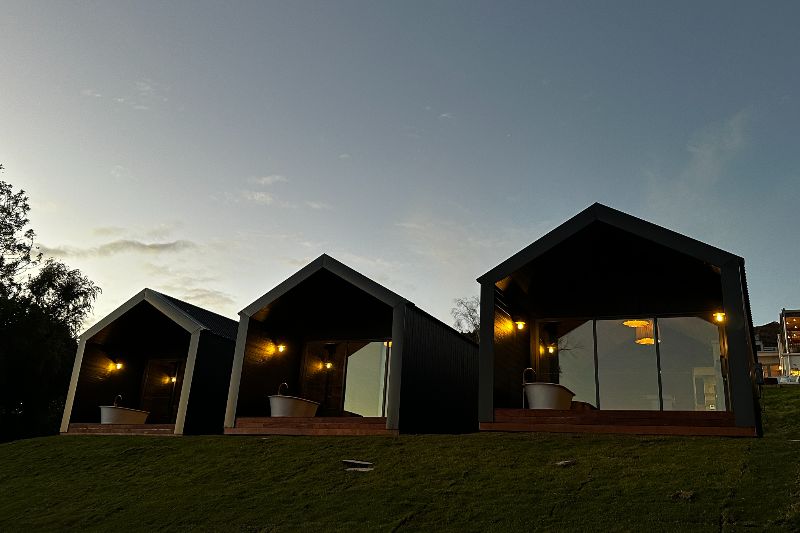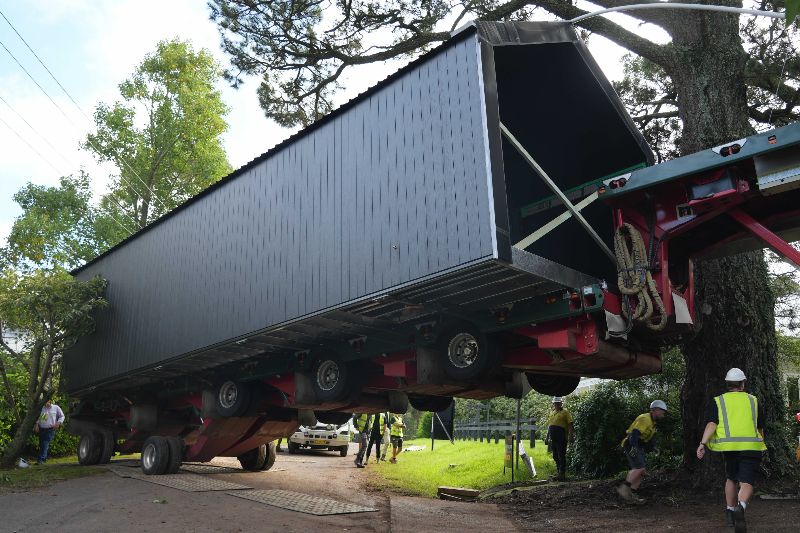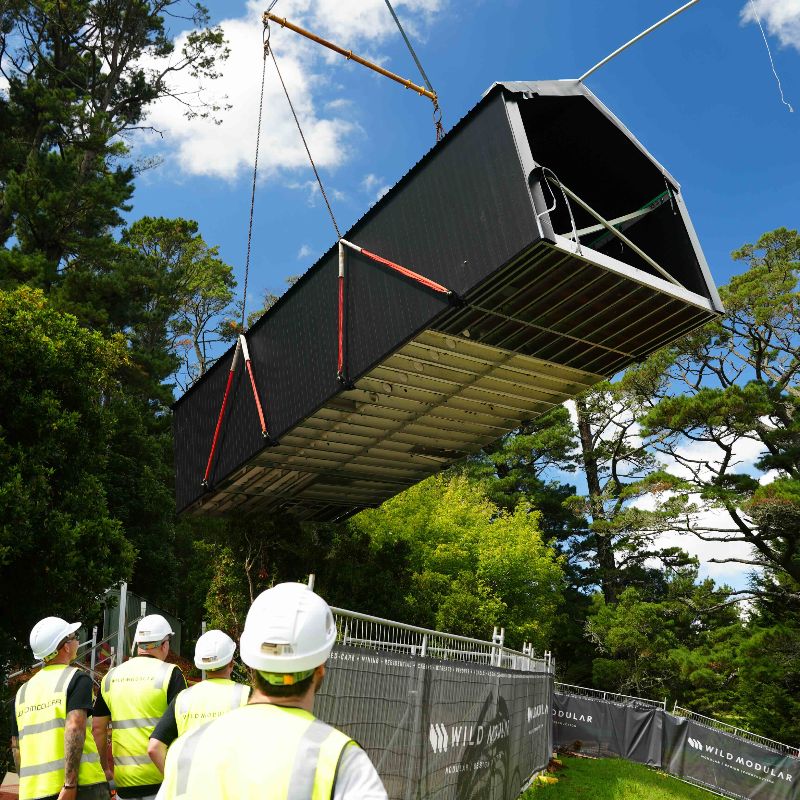

Hospitality sector transitioning to modular solutions with Wild Modular and their innovative construction techniques.
Yennora-based Wild Modular has been carving a niche within the hospitality industry with its innovative approach to construction. Founded by Tahi Merrilees and Alex Tattle, the company has transformed its extensive experience in traditional construction into a streamlined, off-site modular building process. Initially anchored in high-end residential and commercial construction, their work has, in many projects, been transferred to the hospitality sector, where their partnership with Sydney-based hospitality property development consultancy, QCC Collection, is paying dividends. (main pic: Wild Modular’s one-bedroom lodges for Osborn House, a boutique hotel situated in the Southern Highlands of New South Wales.)

Wild Modular’s shift to offsite construction addresses common industry frustrations such as inefficiencies and delays. “Once you start delving into offsite construction, it just makes so much sense,” Merrilees explained. Their method not only simplifies the building process but also optimises it through precise, millimetre-specific component design. This meticulous attention to detail ensures that each construction project benefits from the efficiencies of a manufacturing line, akin to that of automotive production.
The relationship with Caspar P. Schmidt, founder and director of QCC Collection, has been pivotal. Schmidt’s influence within the hospitality sector has been instrumental in promoting the benefits of modular construction, particularly for projects with development approval (DA). The partnership is geared towards expanding hotel capacities on challenging sites, such as remote or environmentally sensitive locations.
One recent example of their successful collaboration is the expansion of Osborn House, a boutique hotel situated in the Southern Highlands of New South Wales. The project involved adding five new one-bedroom lodges, which were constructed offsite and installed in just three days, with total factory build time amounting to four weeks. The rapid turnaround, facilitated by modular construction, significantly minimised guest disruption and operational downtime. “A major disturbance to the hotel was something that we couldn’t risk again,” noted Max Mason, General Manager at Osborn House.


The logistical challenge of transporting and installing the modular units at Osborn House was met with innovative solutions. A hydraulic trailer was used to lift the modules three metres vertically, navigating through the dense tree-lined paths and the property’s narrow driveway, and were installed with a 250T crane.
The economic benefits of adopting modular construction methods are becoming increasingly clear to the hospitality industry. Reduced site wastage, minimal guest disruption during expansions, and the significant shortening of construction timelines are key factors driving this shift. Schmidt articulates this sentiment, noting that a traditional hotel extension could take years, whereas modular solutions can dramatically reduce this to a matter of months. This efficiency not only caters to the immediate needs of hoteliers but also accelerates the return on investment.
See: https://www.wildmodular.com.au/
See: https://www.qcccollection.com/
See: https://osbornhouse.com.au/